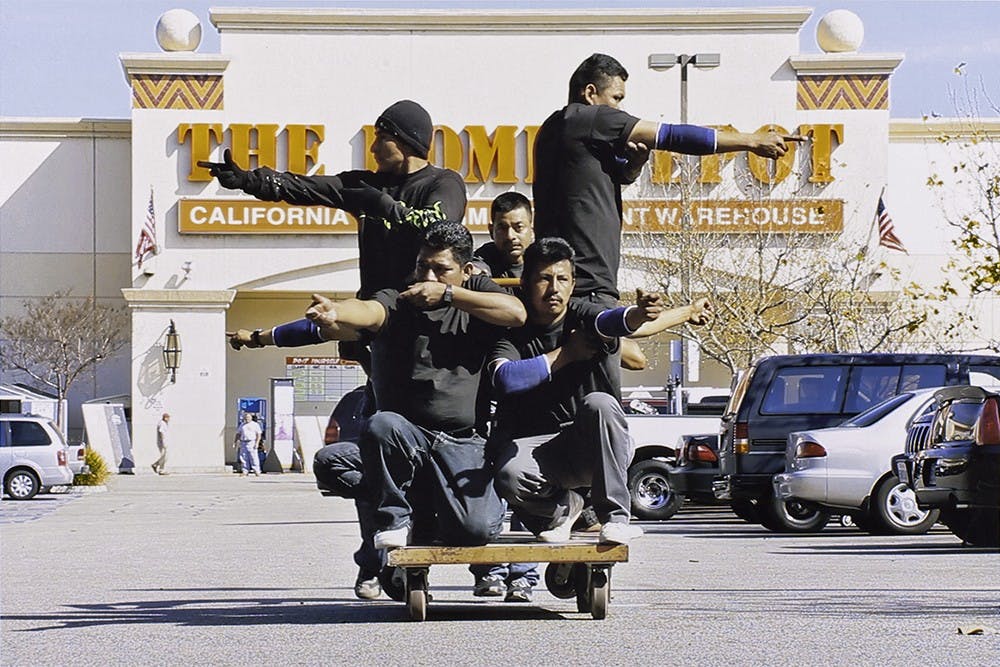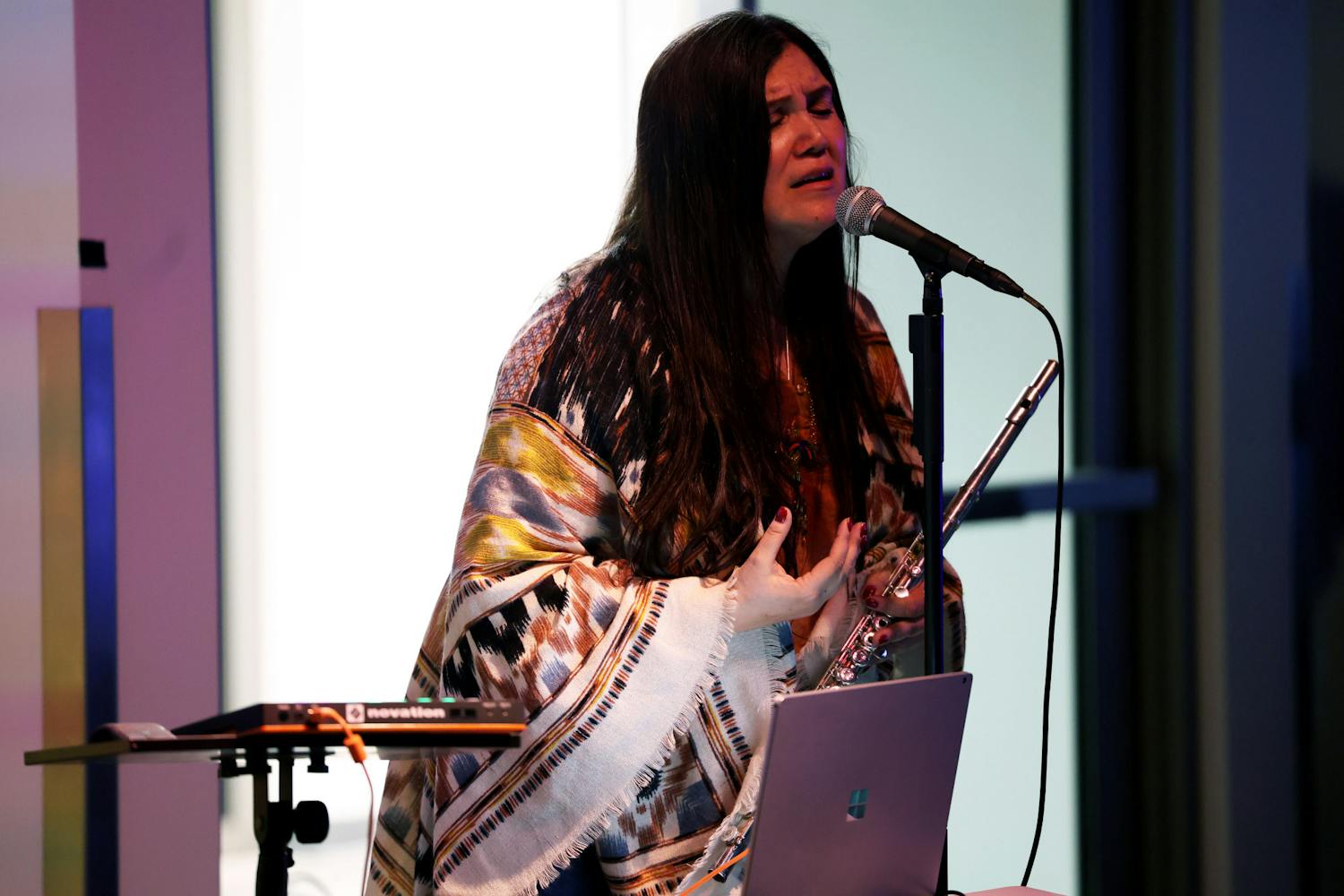An octopus isn't normally the best way to describe immigration or the Guatemalan Civil War, but for artist and filmmaker Yoshua Okón, the metaphor fit like a glove.
Last week, Okón, who is based out of Mexico City, was in town to celebrate the closing of his exhibit at ASU's Art Museum titled Oracle, which ran earlier this year, and for the reopening of his film "Octopus" at ASU's Project Space in downtown Phoenix.
Oracle was a commissioned work born out of a collaboration between Okón and ASU Curator Julio Morales. The exhibit focused on issues surrounding the 60,000 unaccompanied minors who migrated to the Unites States from countries in Central and South America, including Guatemala. Oracle is a sequel, or rather extension, of Okón's earlier work in "Octopus," which is new to ASU.
Okón talked about how the film centers on themes of immigration that stemmed from the decades of conflict during the Guatemalan Civil War.
"My original motivation to make this piece was the huge ignorance there is with regards to U.S. foreign policy and to root causes for immigration," he said. "It is as if there are two parallel realities."
During the 1950s, Guatemala was in a state of nationwide modernization. Part of the plan was to ask a U.S. corporation to sell their unused land back to the Guatemalan nation. This led to a U.S. invasion.
"In 1954, the U.S. invaded Guatemala as a way to protect the interests of U.S. corporations, especially the United Fruit Company (UFC), nicknamed by Guatemalans, 'The Octopus,' since they had their tentacles in all the nation's affairs, monopoly of the ports, biggest land owners by far, etc.," Okón said.
The U.S. invasion led to the assassination of the Guatemalan president at the time, followed by a U.S. backed installation of a military dictatorship.
"As a result, Guatemala's social tissue has been destroyed and the country is submerged in a state of deep extreme poverty," Okón said. "Today, for example, 99 percent of the profits from mining, Guatemala's biggest industry, leave the country. "
"Octopus" is a retelling of the Guatemalan Civil War. It employs a cast of ex-military members and ex-guerilla fighters who took part in the war. It is set at a Home Depot parking lot. As people shop for hardware supplies, militants crawl under parked vehicles in the background. It may seem funny at first, but it is not a trivial embellishment.
"The reenactment took place at the Home Depot parking lot, the same place where they stand every day waiting to be hired as undocumented day laborers," Okón explained.
At the same time, the setting is a biting criticism toward modern first-world consumerism.
"Consumer culture is turning us into numb and uncritical individuals," Okón said. "It has alienated us to the point where war and history have become abstract and distant and clearly not a part of our reality. That is why in 'Octopus' one gets the feeling that there are two parallel realities going on. It is as if the Guatemalans are invisible."
Octopus is running from now until Oct. 3 at downtown ASU's art gallery, Project Space, located at 812 N. 3rd St., Phoenix, AZ.
Related Links:
ASU art students get new chance to exhibit work in Phoenix
Reach the reporter at lsaether@asu.edu or follow @looooogaaan on Twitter.
Like The State Press on Facebook and follow @statepress on Twitter.




